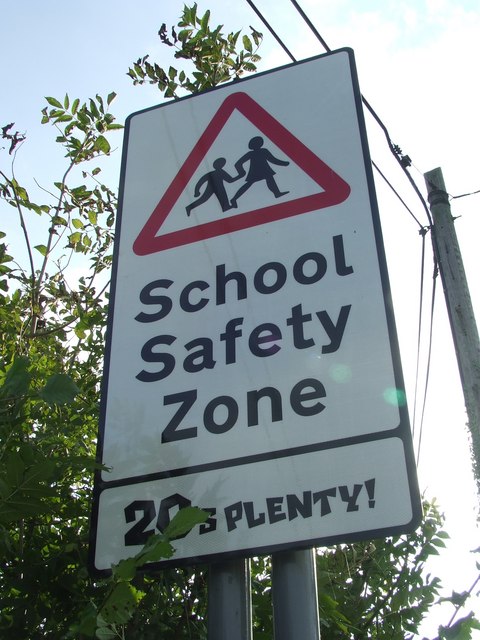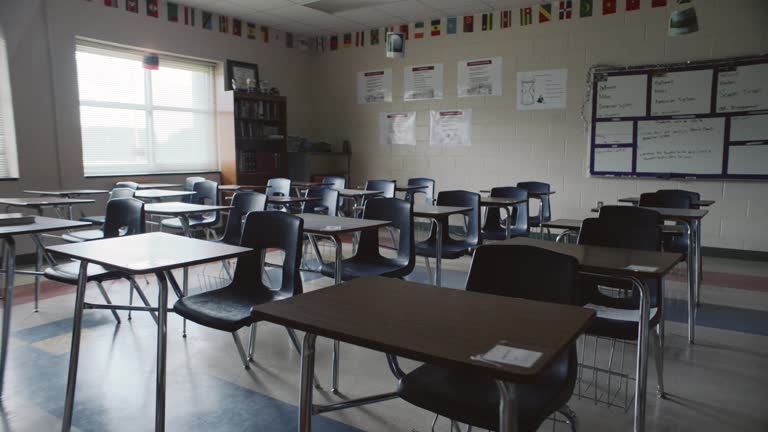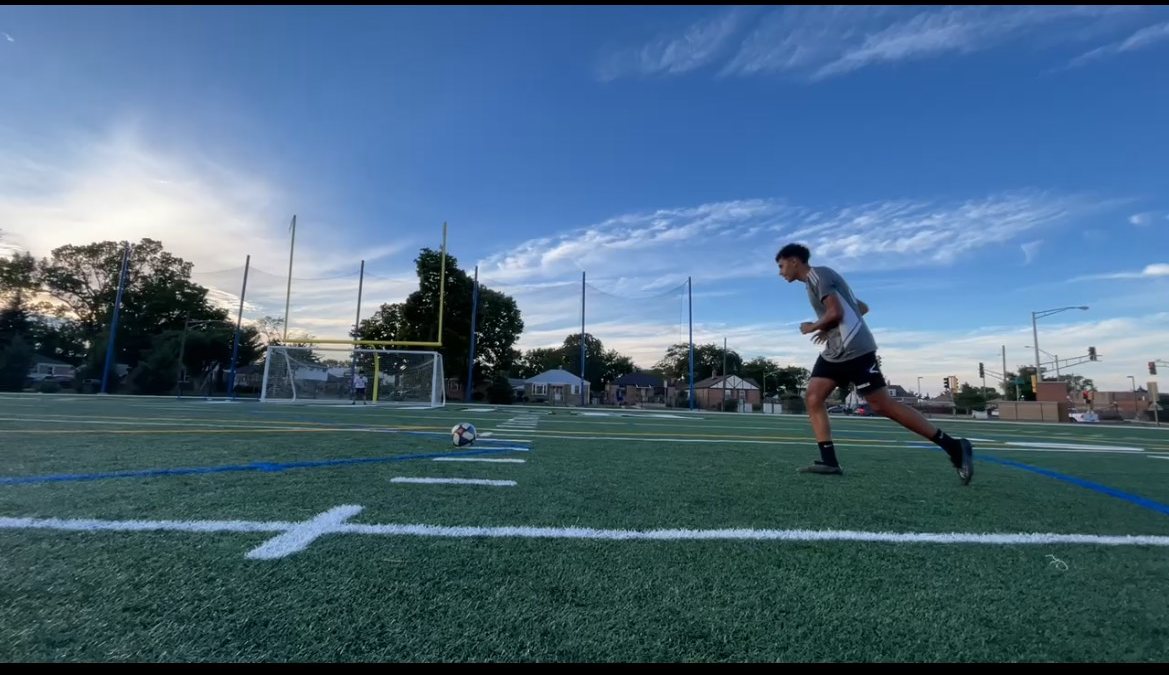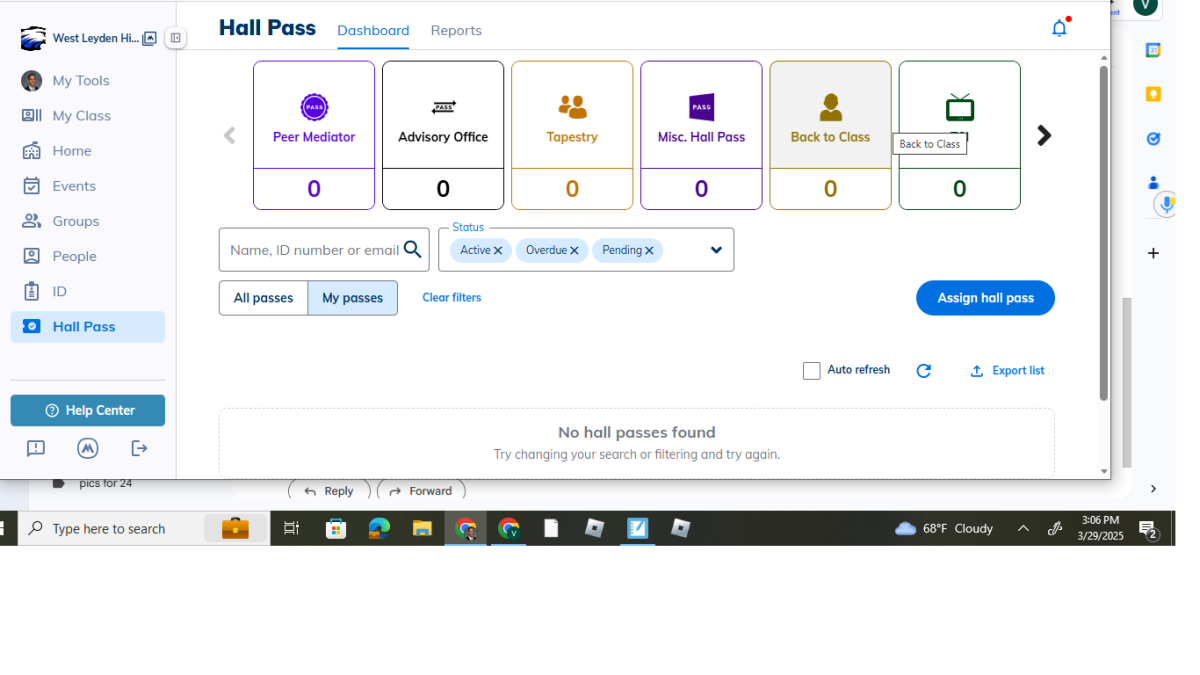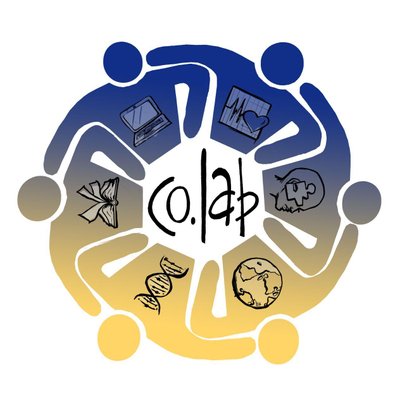Last summer, students in the Leyden High School district faced new challenges and it wasn’t the heat but something else, summer homework. As summer break began, Leyden High School introduced a series of summer assignments to keep students academically engaged through their vacation. Ensuring that students will retain information and be able to come prepared for the next school year. Students in both Leyden High Schools received information about their summer homework responsibilities that were sent out May 24, 2024, when summer break began in the suburb of Chicago, to ensure students will retain information and stay academically engaged over the summer. The parents of the students were notified through text messages, an app called “TalkingPoints”, the school’s online website, and emails.
According to statistics measured through the SATs of 11th graders during the 2024 school year, reading proficiency as a district is at 21.3 while the state average is 39.4 which concludes that students are below average in reading proficiency. Also, for ELA, for the 2024 school year 43.5% of students demonstrate a minimal understanding of the standards, 38.1% are at an incomplete understanding of knowledge, 15.8% are at the standards, and 2.7% of students are exceeding the standards. (Illinois Report Card).
As this was implemented, when school opened up this year, many students had opinions to share. She’s a junior from West Leyden, she’s tall, and her name is Nayelly Herrera. She believes “You know, for me I only had to read a book but when the summer homework stuff first started I wasn’t really interested in doing it, especially because my teacher didn’t tell me we even had summer homework or reading but I think this was probably for the best as this will help students to be ready for the next year.”
As Herrera was voicing her take on summer reading, many others expressed similar feelings on the topic. “It improved my performance to an extent”, an AP Seminar student, Natalie Grace Pera, had said. ”I feel like it made sense that we did because we were told to read chapters from a textbook that is supposed to help you throughout the year and it has helped me… We had to do some readings like an article and well for me with my time management, it was hard at first but I mean like it ended up helping me as I felt like some of the stuff didn’t make sense in the beginning but now with what we do I feel like it does and it did help me out.” Pera said. “But overall, kids just want a break until school starts, especially me. It isn’t fun having summer break and having to open your laptop to do assignments but at the same time I don’t think it should be removed but maybe like if some parts of it was just something to read and that will help you comprehend what you’re going to be doing in the class rather than multiple assignment where you have to answer questions ”, Pera continued.
According to Learner, a statistics and fact-checked website, It is reported that “more than two-thirds of the reading achievement gap in 9th grade can be traced back to cumulative summer learning loss during the elementary years.” and how “the consequences of the summer slide extend far beyond the immediate loss of academic skills. Over time, these summer setbacks accumulate, contributing to a broader achievement gap that can influence students’ educational trajectories, including their chances of graduating high school and pursuing higher education.” (Behind the Slide: Key Stats on Summer Learning Loss)
“I do believe the summer assignments should be incorporated into the lessons that take place during the school year. They are an opportunity for further enrichment and allow for more in-depth discussions once classes resume”. Kathleen Gudex, an AP Seminar teacher from West Leyden High School believes that “The AP Seminar summer assignment provides an opportunity for students to explore real-world issues and gain a deeper understanding of the world around them” and how “these assignment prepare students for their first summative task in which they write a research report. By not completing the summer assignment, AP Seminar students must ‘play catch-up.’ In order to begin the first essay.” said Gudex.
While many students agree that summer homework/readings are a good way to keep student’s minds flowing through the summer, many students also believe that summer homework isn’t the best idea.
“I need a break during the summer” says one student, with baggy apparel, cornrows, and piercings, Caylin Wilbanks, a student from West Leyden, expressed her feelings about assignments during the summer. “Summer break is supposed to be a break from school and school related things you know and if the district assigns us students with summer assignments it is just going to make us more unmotivated, tired, and burnt out.”
Wilbanks then said, “The whole reason for summer break is to also prevent burning out and having fun during the break until you come back to school. I believe this is going to show barely any improvements in our testing as many students rushed it also.”
A student athlete and sophomore, Jesse Alvarez, says, “The work students will put in will almost always be rushed. This will just cause more procrastination and have students burnout. When the work is rushed it won’t show our best abilities. For me, during the summer I am focusing on my sport and with summer assignments I just can’t give enough effort.”
The goal of implementing this was most likely to prevent the academic slide of students and with students voicing concerns over mental health, in the future leyden students will see if anything will be changed or not and as the school year progresses there could be talks about what will benefit students while maintaining student’s mental health by the end of the school year as this year’s testing scores and statistics will see whether summer assignments showed any significant changes.



